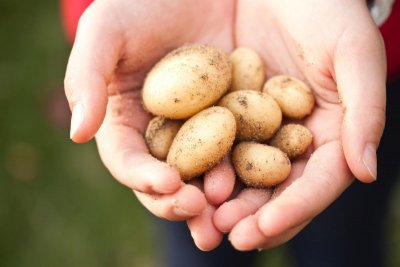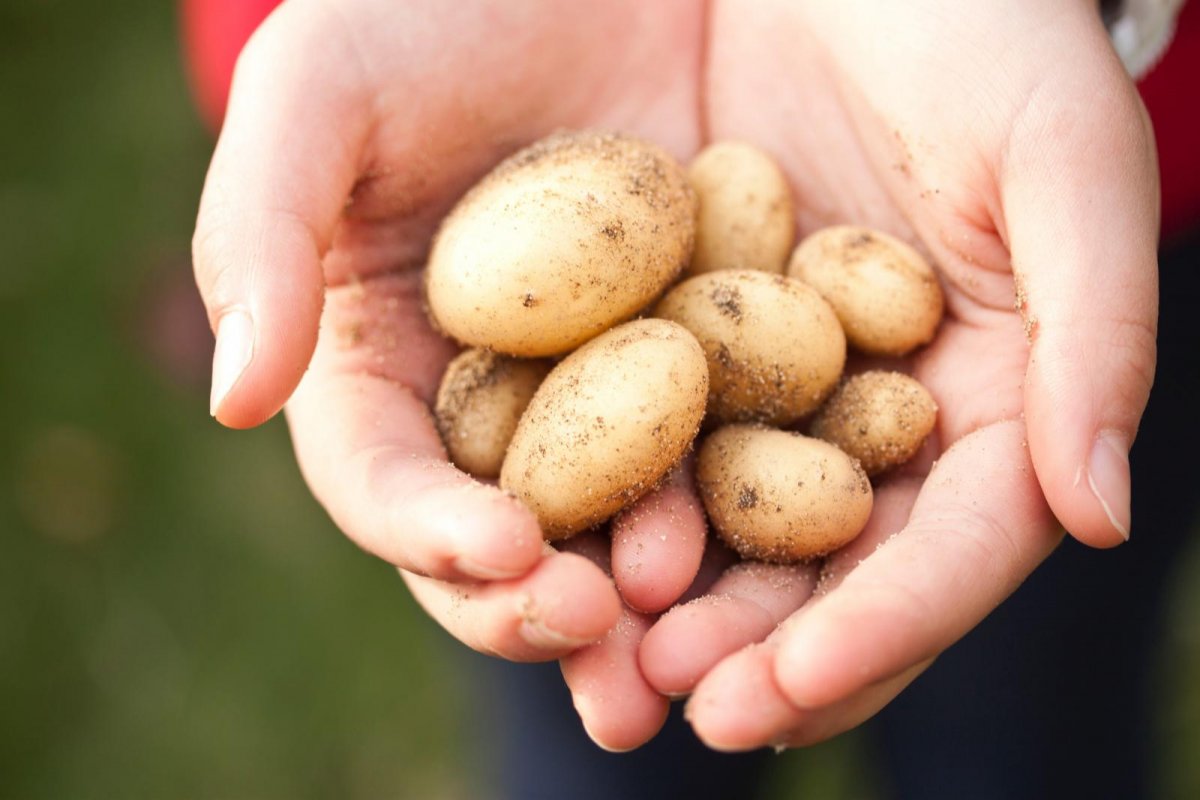 Credit: Pexels
Credit: Pexels
We must bridge the gap in price between what agroecological farmers need and what eaters can afford
Government and funders need to step in to ensure that agroecological farmers are paid properly, whilst ensuring that good food is affordable to people on a lower income, argues Julie Brown of Growing Communities and the Better Food Traders network.
Back in 2011, the Kindling Trust invited me to do a talk in Manchester as part of the Soil Association conference. The subject: Can Sustainable Food be accessible?
I agonised over the talk, preparing many slides demonstrating where the money in our box scheme and farmers’ market goes and why; where our ‘red lines’ are, the compromises we make along the way and speculating about the choices and priorities other groups might be making.
And my conclusion? Well, it depends….
If I’m honest I think my answer should have been no. It is simply not possible within the current economic paradigm to square that particular circle.
In terms of Growing Communities’ red lines, our key financial consideration is to pay our organic farmers and producers a fair price for their produce – one which enables them to survive and hopefully thrive while also producing food in a sustainable way.
We want to make sure those farmers get more, in fact most, of the money in our supply chain. The mainstream food system fails to do this. It drives down the price to the producer and promotes scaling up and industrialisation, while the huge costs to the environment and people’s heath go unaccounted for. Farmers receive around 8% of the customer pound in the supermarket-driven system, while in our system they receive 56% or more of the customer pound.
In 2019 I gave evidence as part of a National Food Strategy consultation on local food. I argued that if all the externalities and the public goods were properly accounted for, then the price of sustainably produced and distributed food was likely to be the same or even less than the conventional equivalent.
I gave an example I fondly refer to as ‘follow the potato’, which explained that we pay our farmers 80p or more for a kilogram of potatoes, while the farmgate price is around 15p.
I realised that my words were falling on deaf ears when the Treasury economist present expressed utter incomprehension as to why anyone would choose to pay more for something than the market dictated.
I explained why we pay more: so the farmer who produces those potatoes can farm ecologically and pay their workers fairly. And that we are able to run a financially viable business and keep our products affordable because we cut costs by shortening supply chains and controlling wages with a 2:1 pay differential.
‘Well, if you’re managing to do that – then good luck to you. But it doesn’t make a case for public support or investment.’
The issue of affordability is complex. It is complicated by the facts that most food is actually quite cheap, that the most nutritionally and ecologically suspect food is the cheapest of all, and that people expect to pay a much smaller proportion of their income on food than they did in the past, while having to pay a much higher proportion on housing.
But the upshot is that – despite our greatest efforts and desire – our food costs more and can be beyond the reach of many people on low incomes.
On the other hand, groups working mainly with people on low incomes struggle to provide fresh fruit and vegetables, never mind produce that is climate- and nature-friendly.
And that’s been the huge dilemma for many of us working in the food movement: how can we pay the farmers that are critical to all our futures on this planet a fair price for what they do while also making that produce accessible and affordable to all?
If government don’t yet get this, we need a brave and innovative funder to come in with money to enable us to square the circle, so we can continue to pay our farmers a fair price and pay food workers living wages but then pass that food on at a lower price.
Well, now we have one! Not only will this ground-breaking Lottery-funded programme enable us to bridge the price gap between conventional and climate- and nature-friendly food alongside other interventions to reduce the barriers to good food, but it will enable us to do that while building the case for those interventions to be paid through the public purse. This could perhaps be the income from the sugary drinks tax, or the UK Shared Prosperity Fund. Sustain has already started exploring which funding streams could be used in this way.
Evaluation and measurement of the benefits of the funding in terms of environmental, economic, social and health benefits will be built into the programme and pilot projects. This will add weight to the advocacy work as well as enable the programme to learn, amend and improve over time.
I know that people on low incomes care about the planet: many of them just can’t afford to put that care into action.
And a plea to those of you who can afford it to join or stick with your box schemes through this incredibly difficult time we have ahead. If we don’t support the climate- and nature-friendly food supply chains we have now, we will be unable to provide anyone with this food, never mind people on low incomes. We must all do our bit to keep these lifeboats of sanity alive in a mad world.
Growing Communities have a preliminary idea for a pilot as part of the Bridging the Gap programme. We're calling it Community Procurement. We would supply organic food from our farmers to community groups that are providing meals or ready meals to low-income or disadvantaged people. It would mean swapping in fresh food from the organic farmers in our supply chain for some of the food they are already providing through their projects. We’d pay the difference in that price through the programme, evaluate the benefits and advocate for how this could be paid for longer term.
Growing Communities is a partner with Sustain in the Bridging the Gap programme. Funded by the National Lottery, to demonstrate ways to build better supply chains between climate friendly food and people on a lower income, focusing on urban areas. Key to our approach will be identifying what works and advocating for financial interventions and other mechanisms to enable this to continue.
Bridging the Gap: Bridging the Gap to climate and nature friendly food for all.
Sustain
The Green House
244-254 Cambridge Heath Road
London E2 9DA
020 3559 6777
sustain@sustainweb.org
Sustain advocates food and agriculture policies and practices that enhance the health and welfare of people and animals, improve the working and living environment, promote equity and enrich society and culture.
© Sustain 2024
Registered charity (no. 1018643)
Data privacy & cookies








